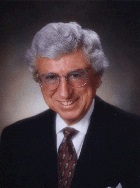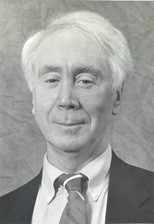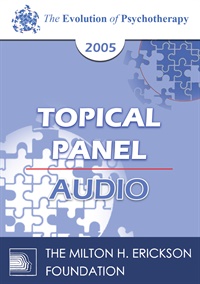EP05 Topical Panel 10 - Homework - Judith Beck, PhD; Claudia Black, PhD; Nicholas Cummings, PhD; Arnold Lazarus, PhD
- Average Rating:
- Not yet rated
- Topic Areas:
- Topical Panels | Homework | Psychotherapy
- Categories:
- Evolution of Psychotherapy | Evolution of Psychotherapy 2005 | Pioneers in Couples and Family Therapy
- Faculty:
- Judith Beck, PhD | Claudia Black, PhD | Nicholas Cummings, PhD | Arnold Lazarus, Ph.D.
- Duration:
- 1 Hour
- Format:
- Audio Only
- Original Program Date:
- Dec 09, 2005
- License:
- Never Expires.
Description
Description: Discussion on homework in cognitive therapy, focusing on strategies to enhance patient engagement and treatment effectiveness. Key insights include creating collaborative, personalized assignments, understanding patient resistance, and using creative approaches to reinforce therapeutic progress between sessions. The conversation addresses challenges in patient compliance, practical techniques for assignment design, and methods to motivate patients across different therapeutic contexts.
Educational Objectives:
- To compare and contrast clinical and philosophical perspectives of experts.
*Sessions may be edited for content and to preserve confidentiality*
Credits
Handouts
| Timestamped Transcript (922 KB) | 22 Pages | Available after Purchase |
| Ericksonian Learning Snapshot (256.2 KB) | 2 Pages | Available after Purchase |
Faculty

Judith Beck, PhD Related Seminars and Products
Judith S. Beck, Ph.D., is President of Beck Institute for Cognitive Behavior Therapy in Philadelphia, a non-profit organization that provides a variety of training programs to health and mental health professionals worldwide, and a Clinical Professor at the University of Pennsylvania. She received her doctoral degree from the University of Pennsylvania in 1982. She has authored over 100 chapters and articles and several books, including Cognitive Behavior Therapy: Basics and Beyond, which has been translated into over 20 languages, Cognitive Therapy for Challenging Problems, and books for consumers on a CBT approach to weight loss and maintenance. She divides her time among teaching, clinical work, supervision, administration, program development and consultation, and writing.

Claudia Black, PhD Related Seminars and Products
Claudia Black, Ph.D., is internationally recognized for her pioneering and cutting-edge work with family systems and addictive disorders. Her work with children impacted by drug and alcohol addiction in the late 1970s fueled the advancement of the codependency and developmental trauma fields. Dr. Black’s passion to help young adults overcome obstacles and strengthen families built the foundation of the Claudia Black Young Adult Center. Not only is Dr. Black the clinical architect of this groundbreaking treatment program, she is also actively involved with the treatment team, patients, and their families.
Claudia is the author of It Will Never Happen To Me, Changing Course, My Dad Loves Me, My Dad Has A Disease, Repeat After Me, It's Never Too Late To Have A Happy Childhood, Relapse Toolkit, A Hole in the Sidewalk, Depression Strategies, Straight Talk, The Stamp Game, Family Strategies, Anger Strategies, Deceived: Facing Sexual Betrayal, Lies and Secrets, The Truth Begins With Youand her newest title, Intimate Treason: Healing the Trauma for Partners Confronting Sex Addiction. She has produced seven audio CDs addressing issues of addiction and recovery. They are A Time for Healing, Putting the Past Behind, Triggers, Emotional Baggage, Trauma in the Addicted Family, Imageries and Letting Go Imageries. She also has over 20 DVDs for professionals to use working with families and clients.

Nicholas Cummings, PhD Related Seminars and Products
Distinguished Professor, University of Nevada, Reno. President of the Cummings Foundation for Behavioral Health, Inc. Former president of the American Psychological Association and recipient of psychology's highest award, the Gold Medal for Lifetime Contributions to Practice. Dr. Cummings has founded over 20 organizations, including the California School of Professional Psychology, the National Academies of Practice, and the former American Biodyne, which remains America's only clinically driven behavioral health system. He is autlilor or editor of 38 books and over 400 referenced journal articles.

Arnold Lazarus, Ph.D. Related Seminars and Products
Arnold A. Lazarus, Ph.D., was Distinguished Professor at the Graduate School of Applied and Professional Psychology at Rutgers University. Lazarus served on the editorial boards of ten professional journals. He was president of the Association for Advancement of Behavior Therapy and received the Distinguished Service to The Profession of Psychology Award from the American Board of Professional Psychology. His Ph.D. was granted in 1960 from the University of the Witwatersrand, Johannesburg, South Africa. He has authored four books; co-authored, edited, or co-edited seven; and authoered or co-authoered more than 150 professional papers and chapters.


